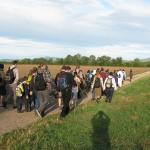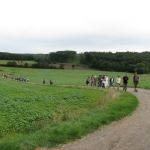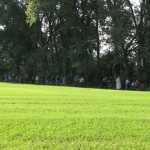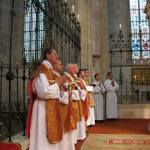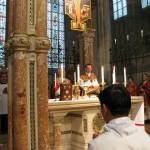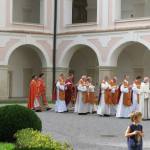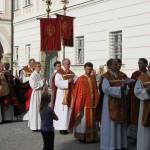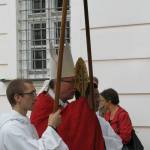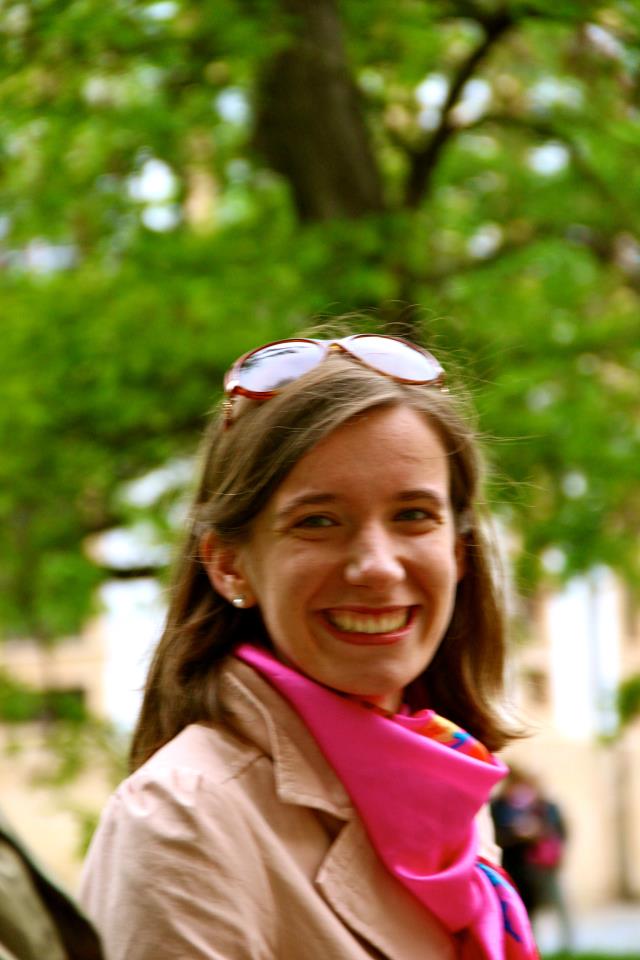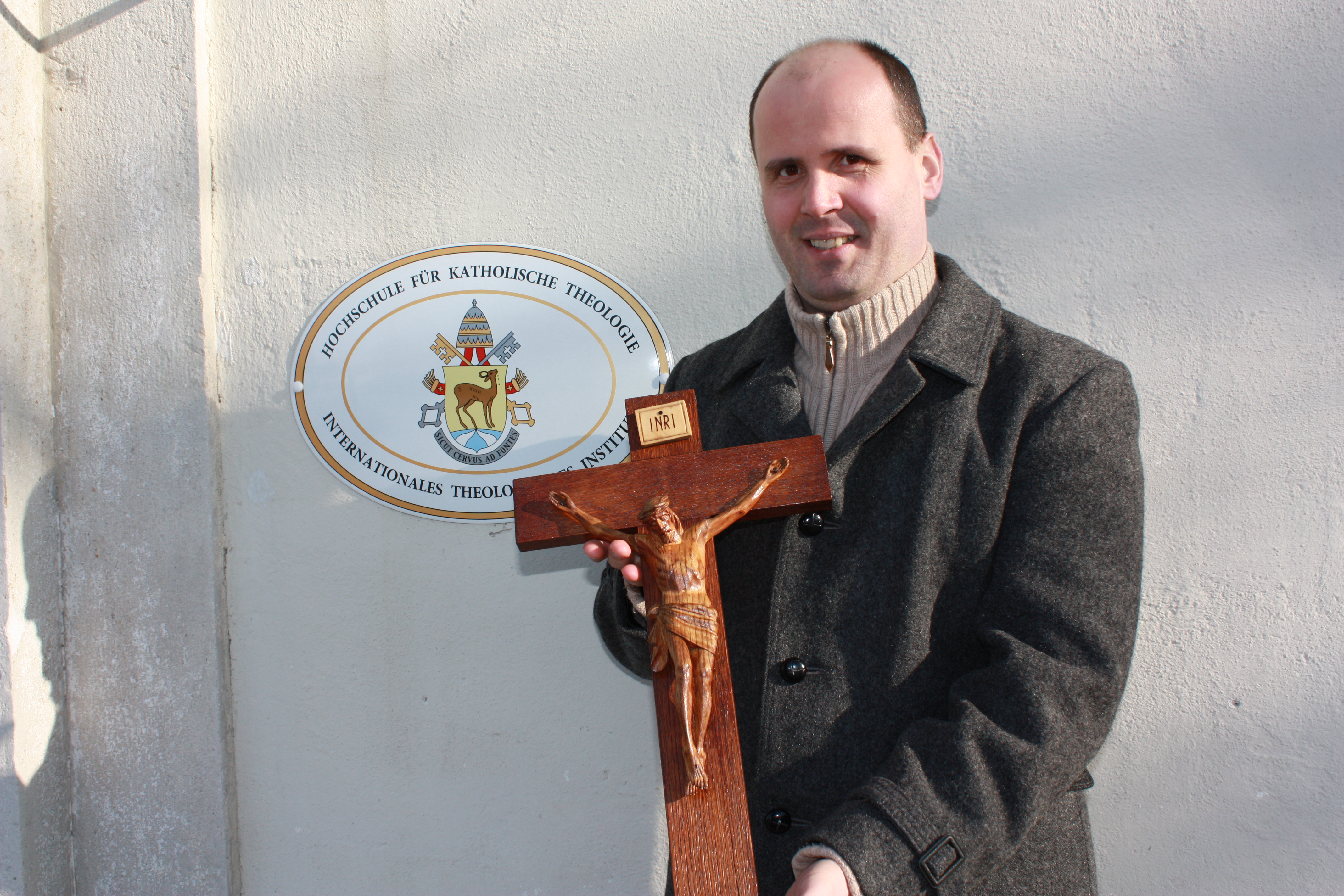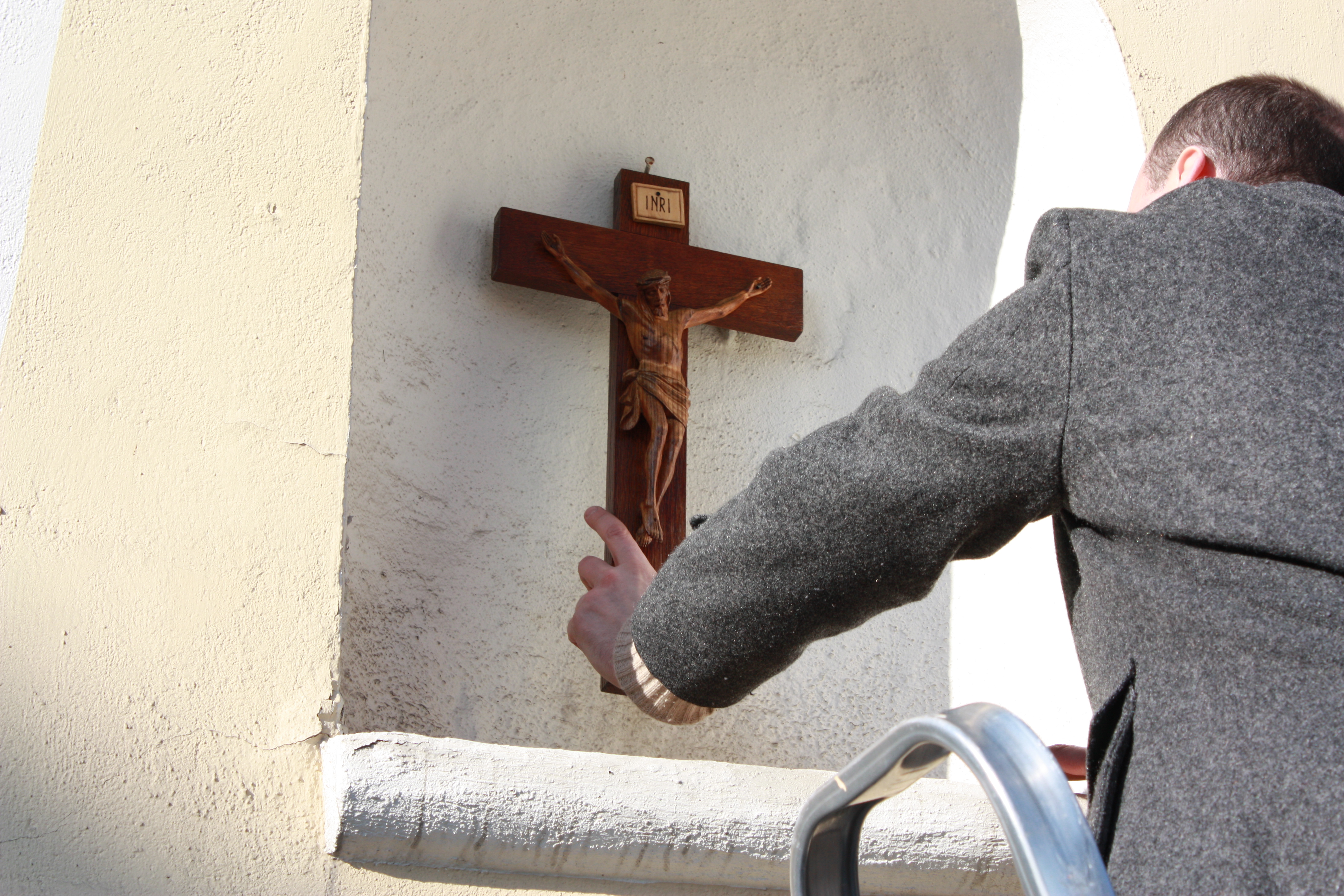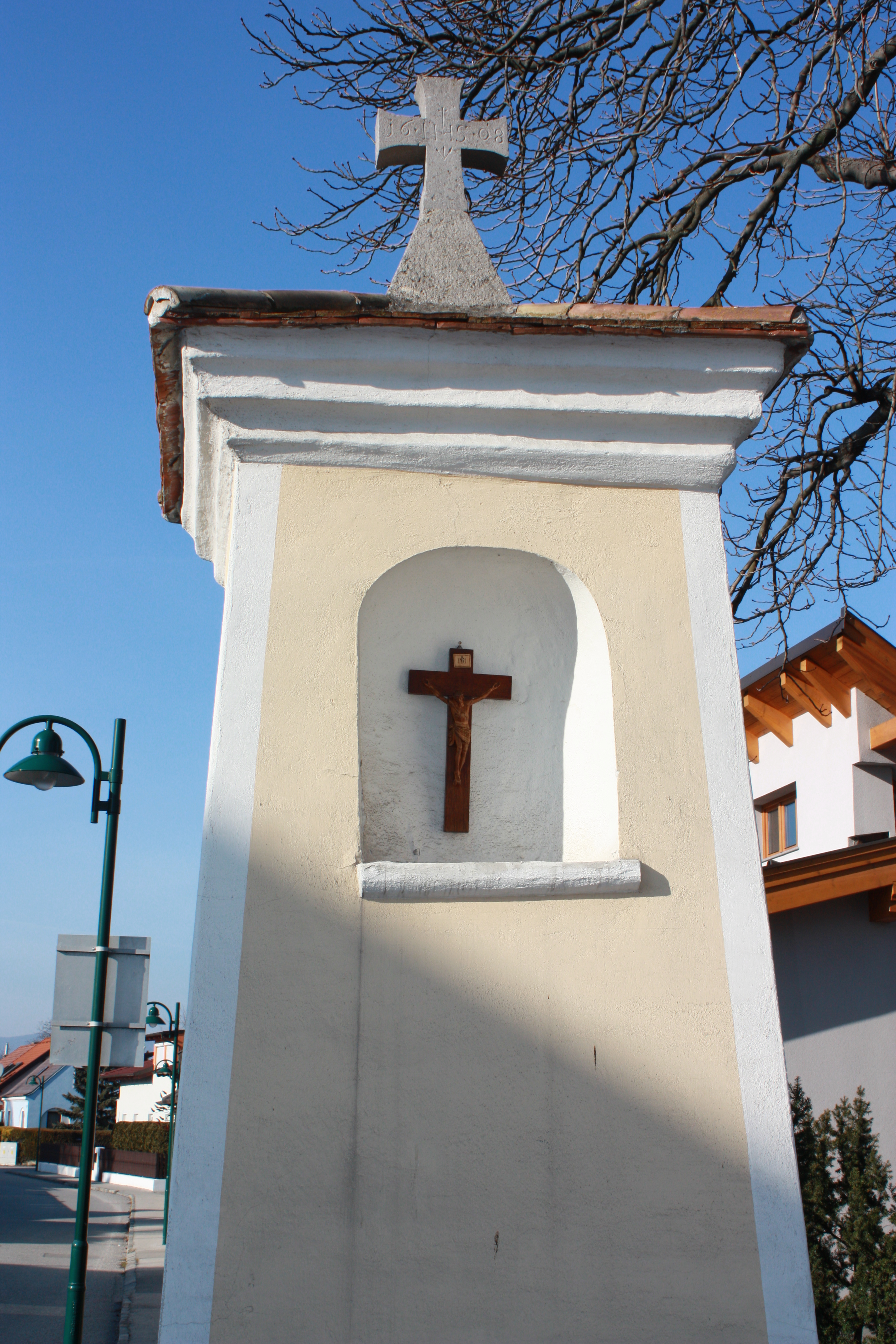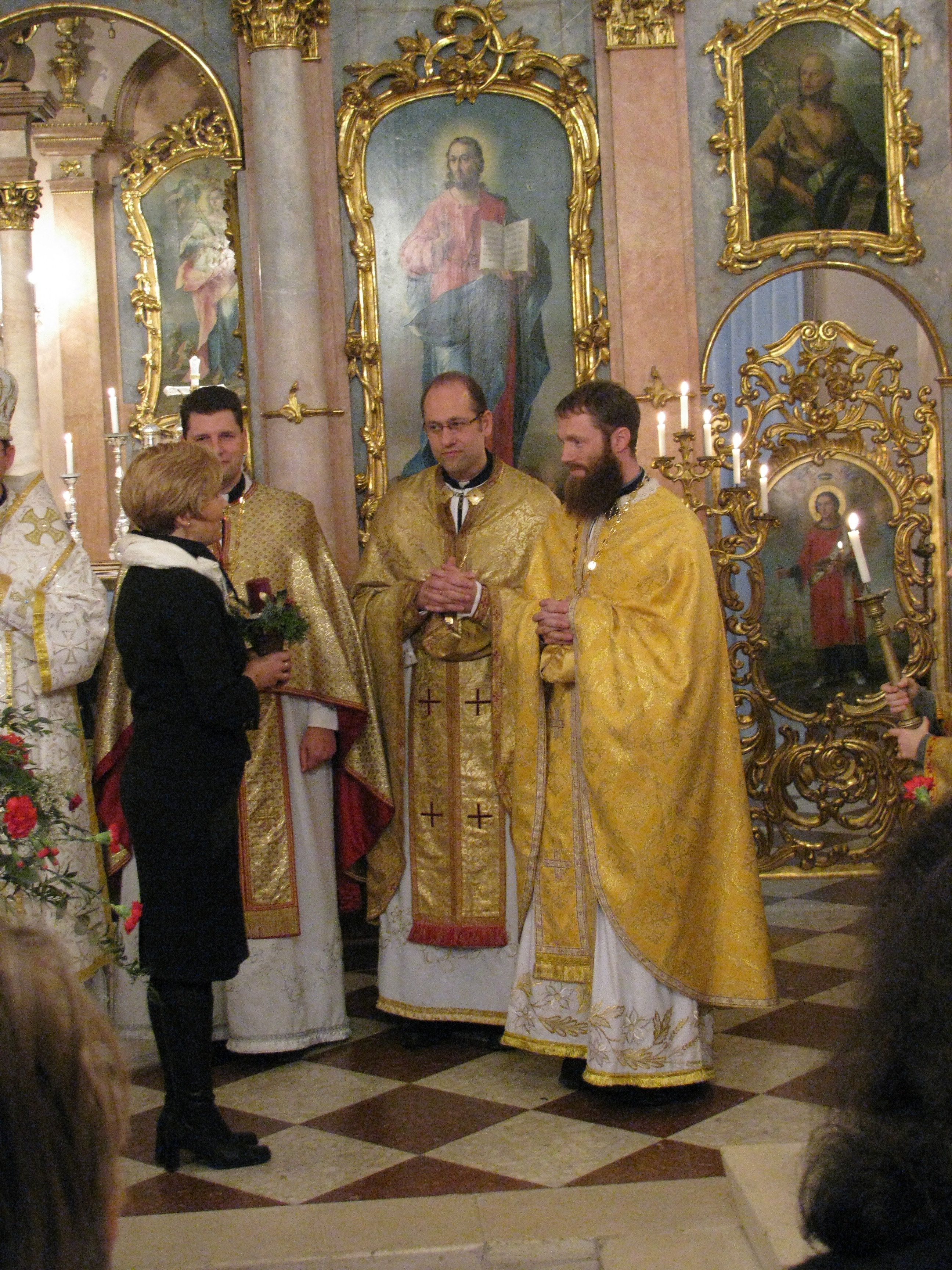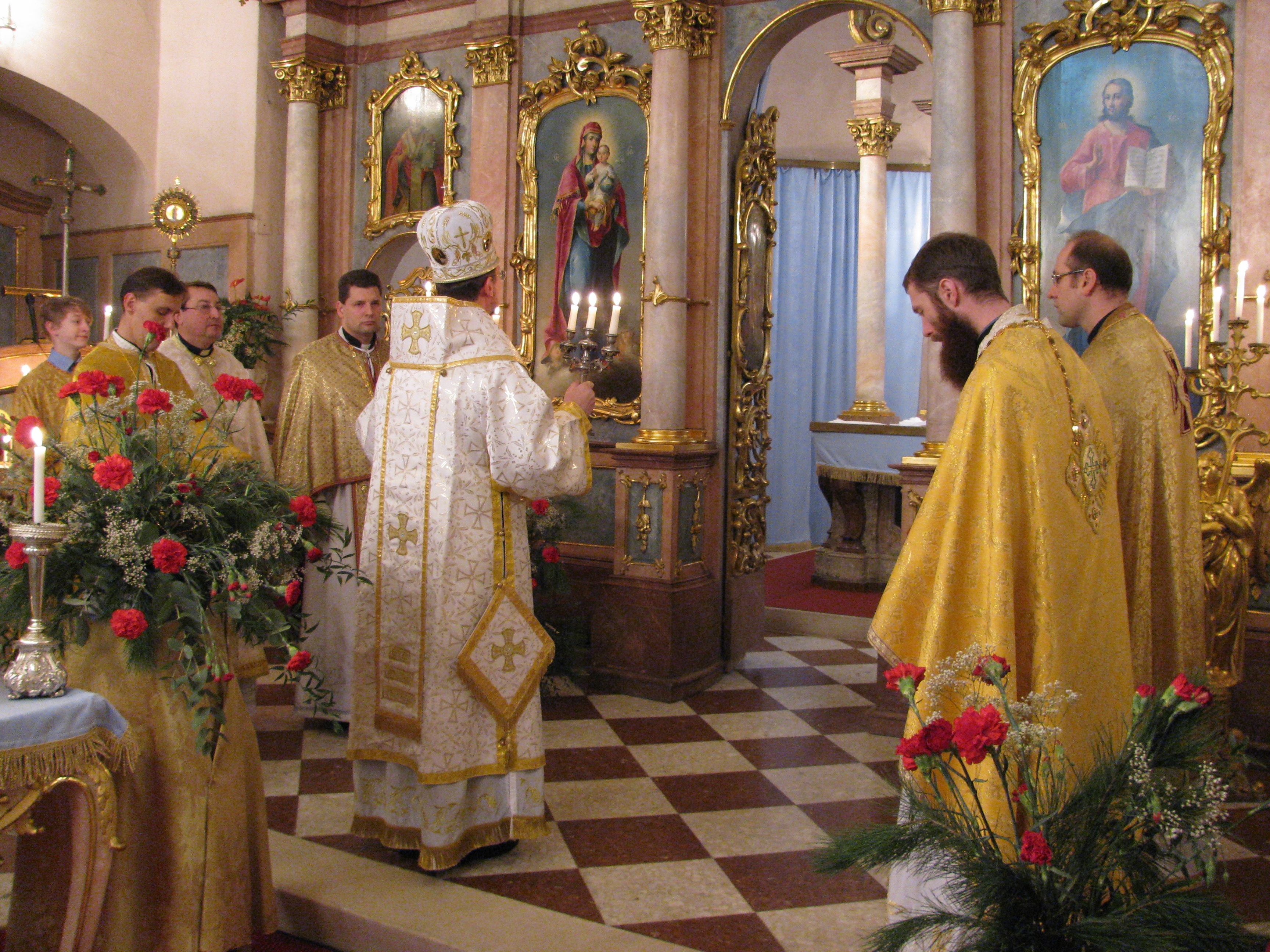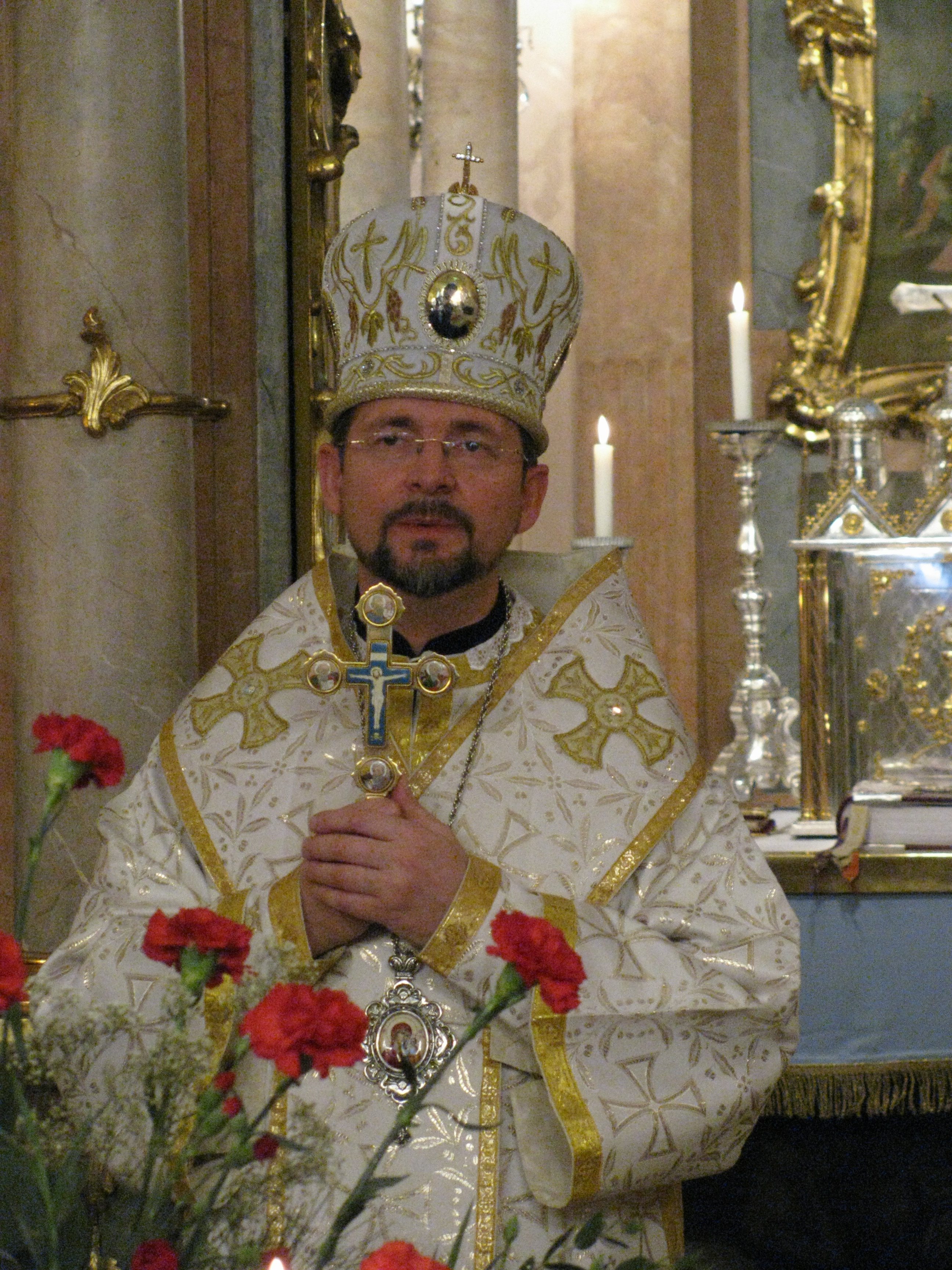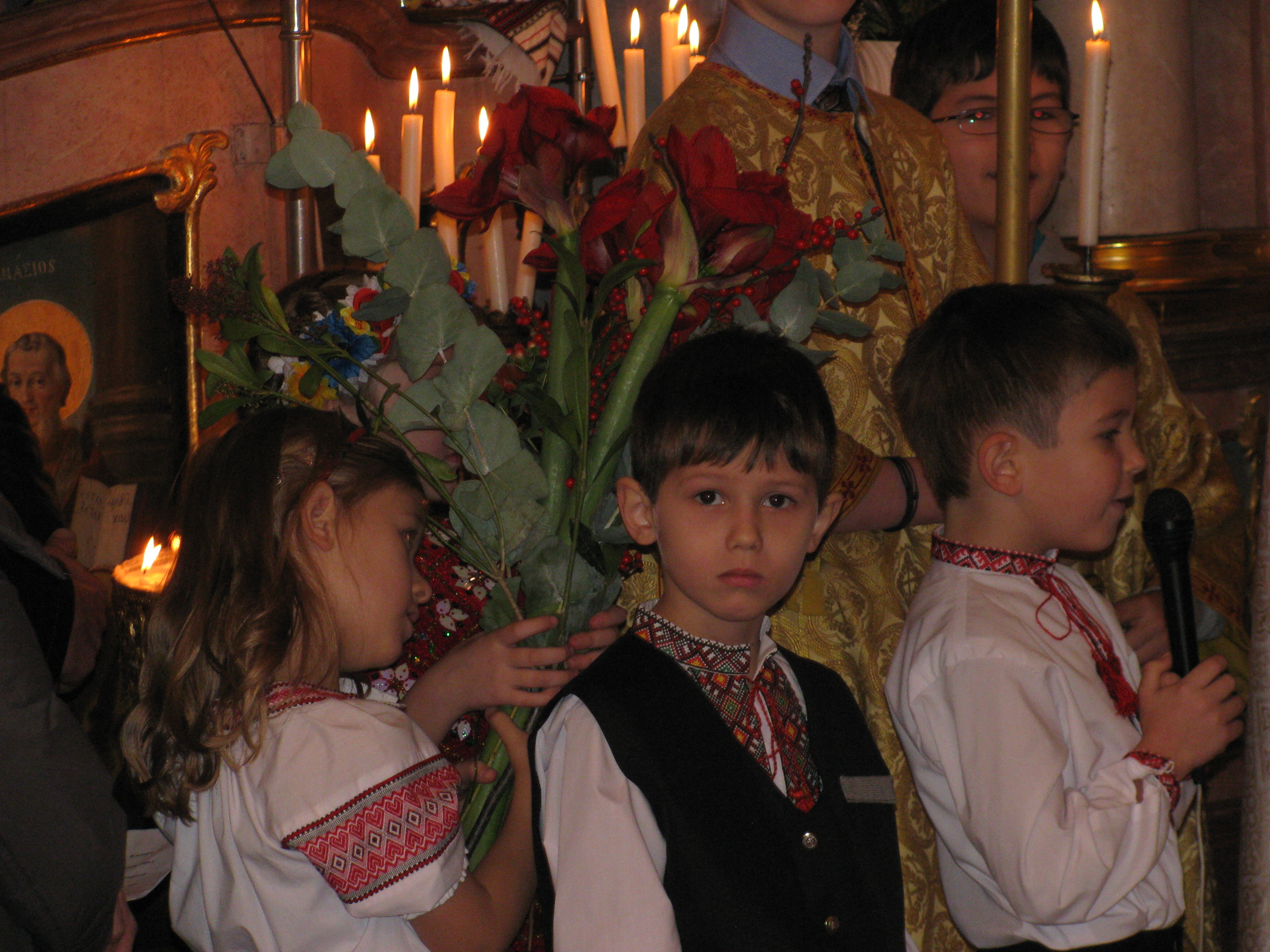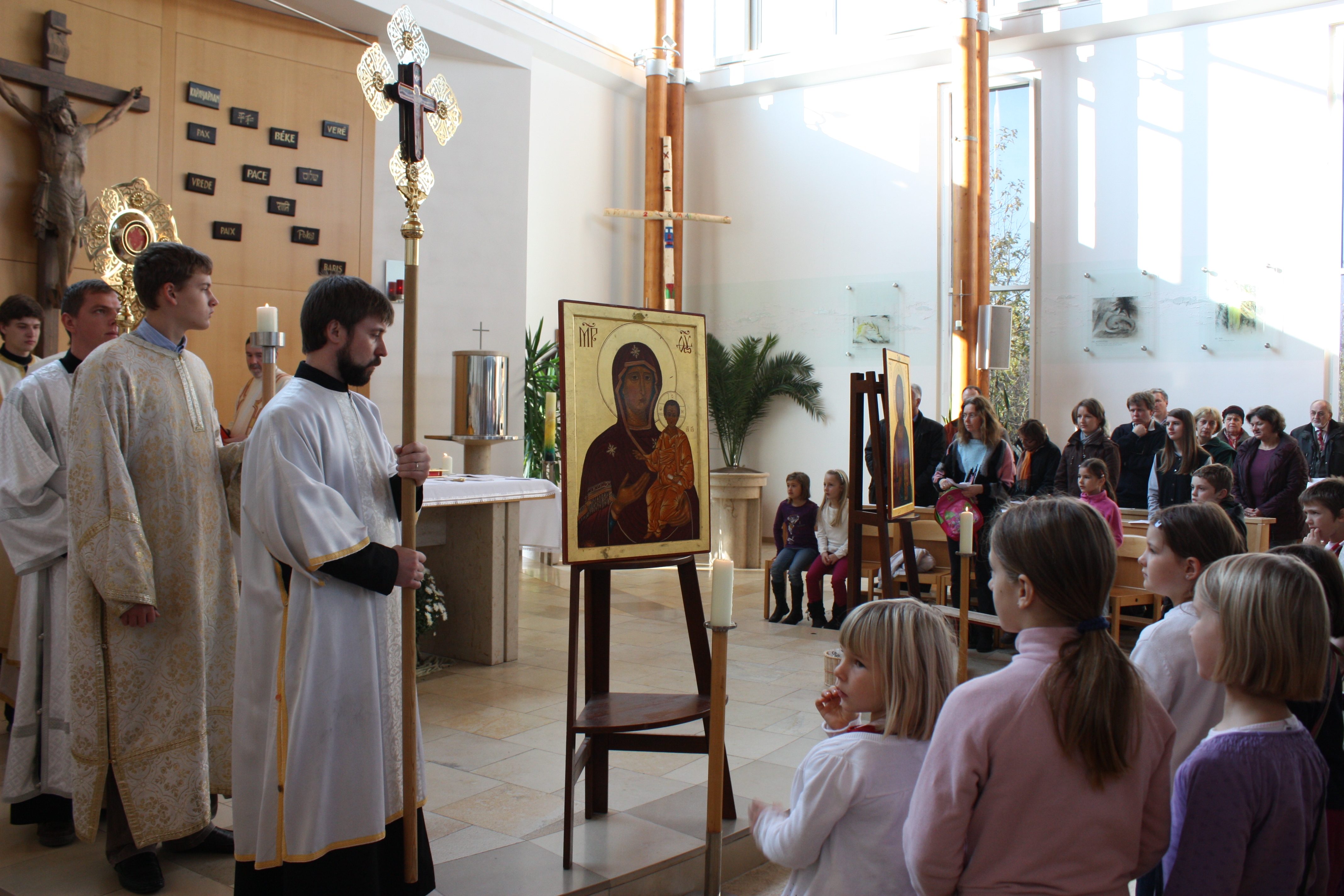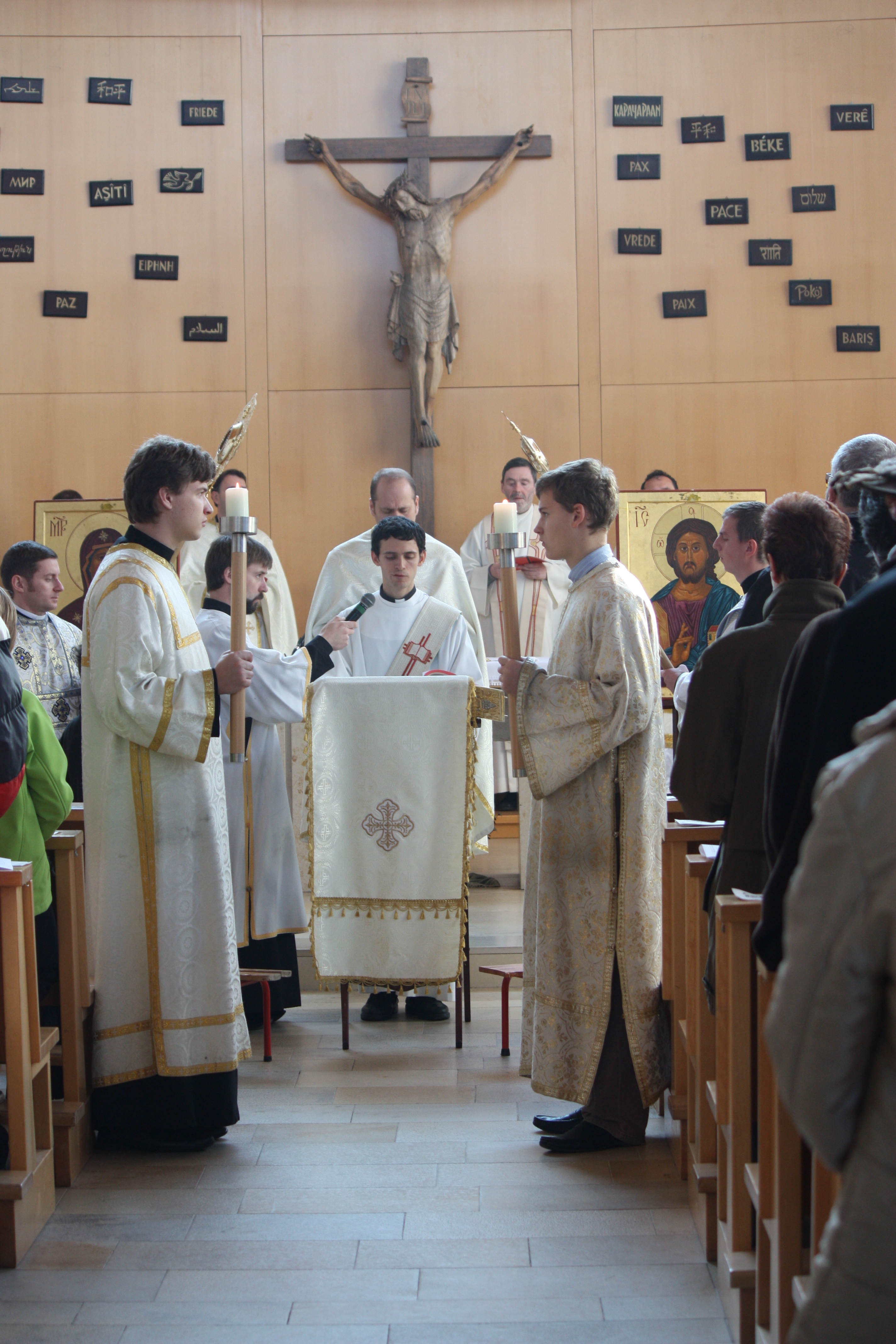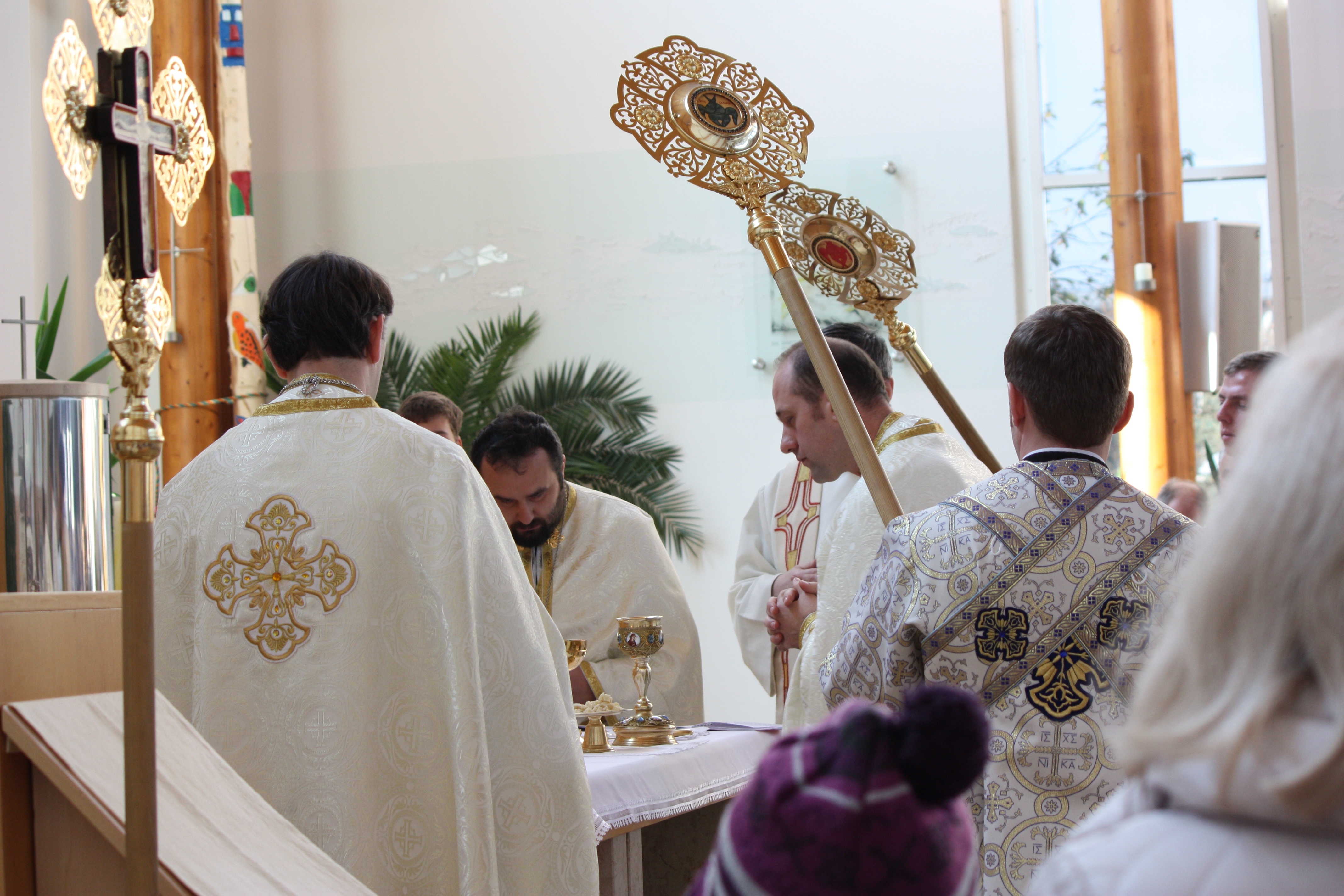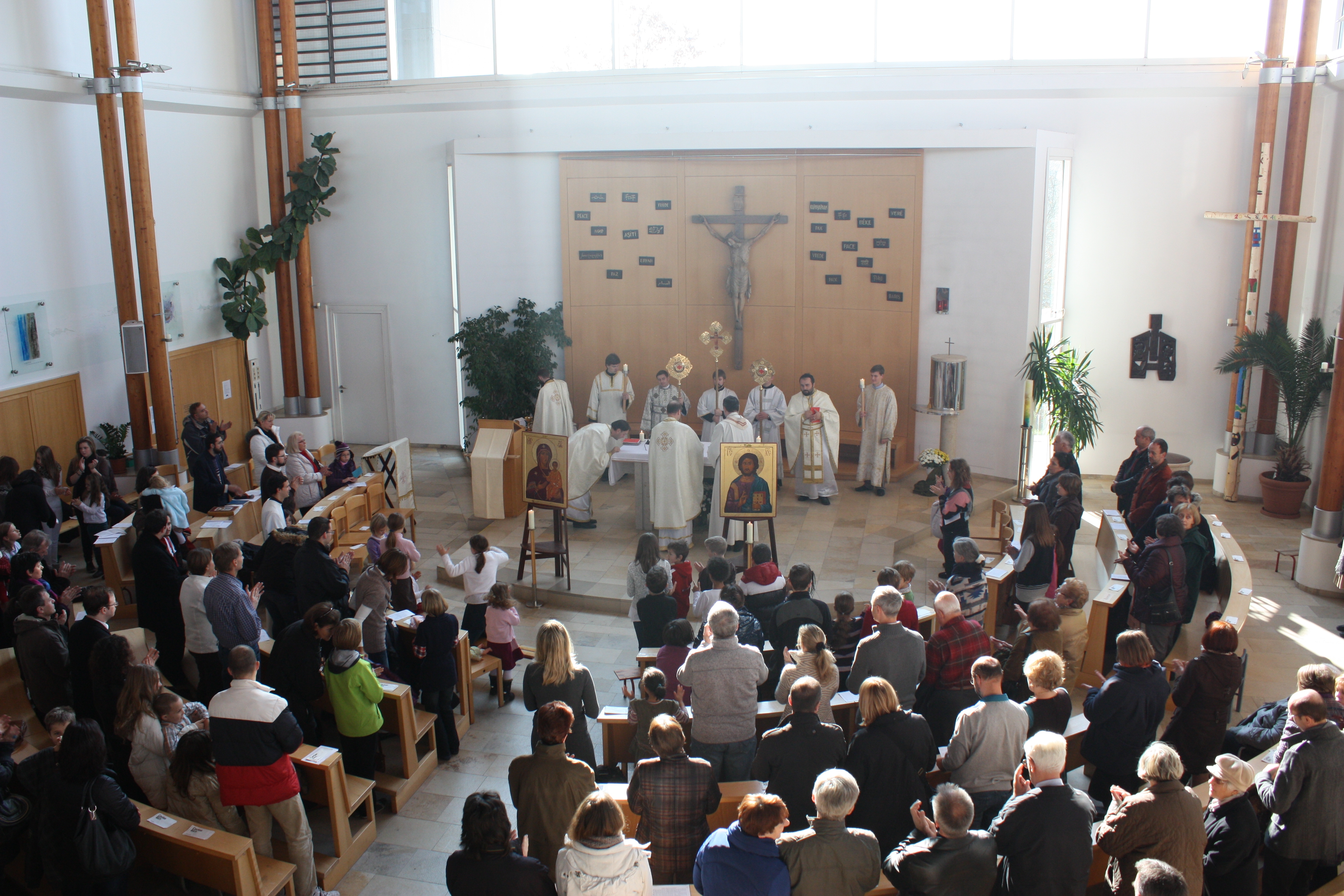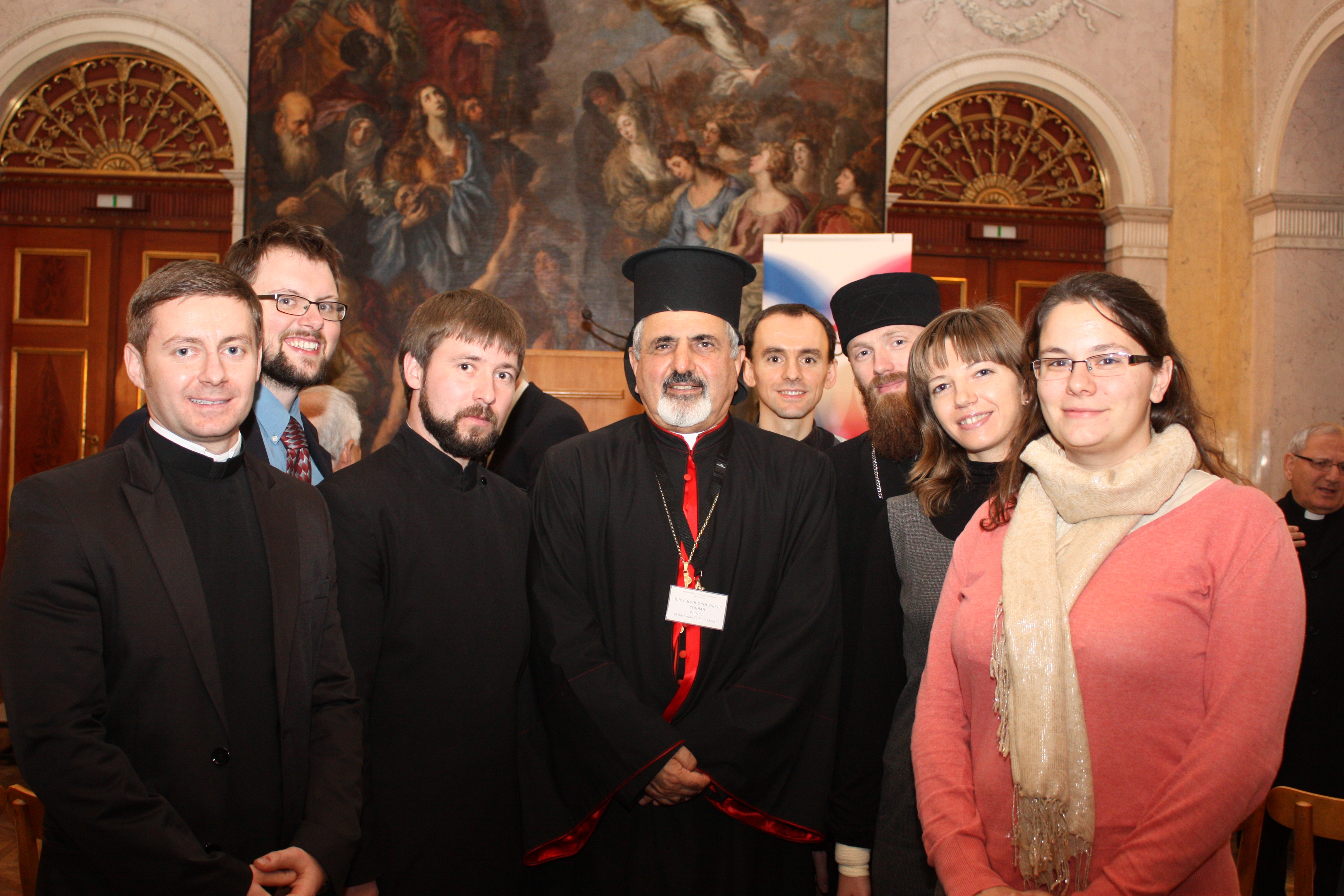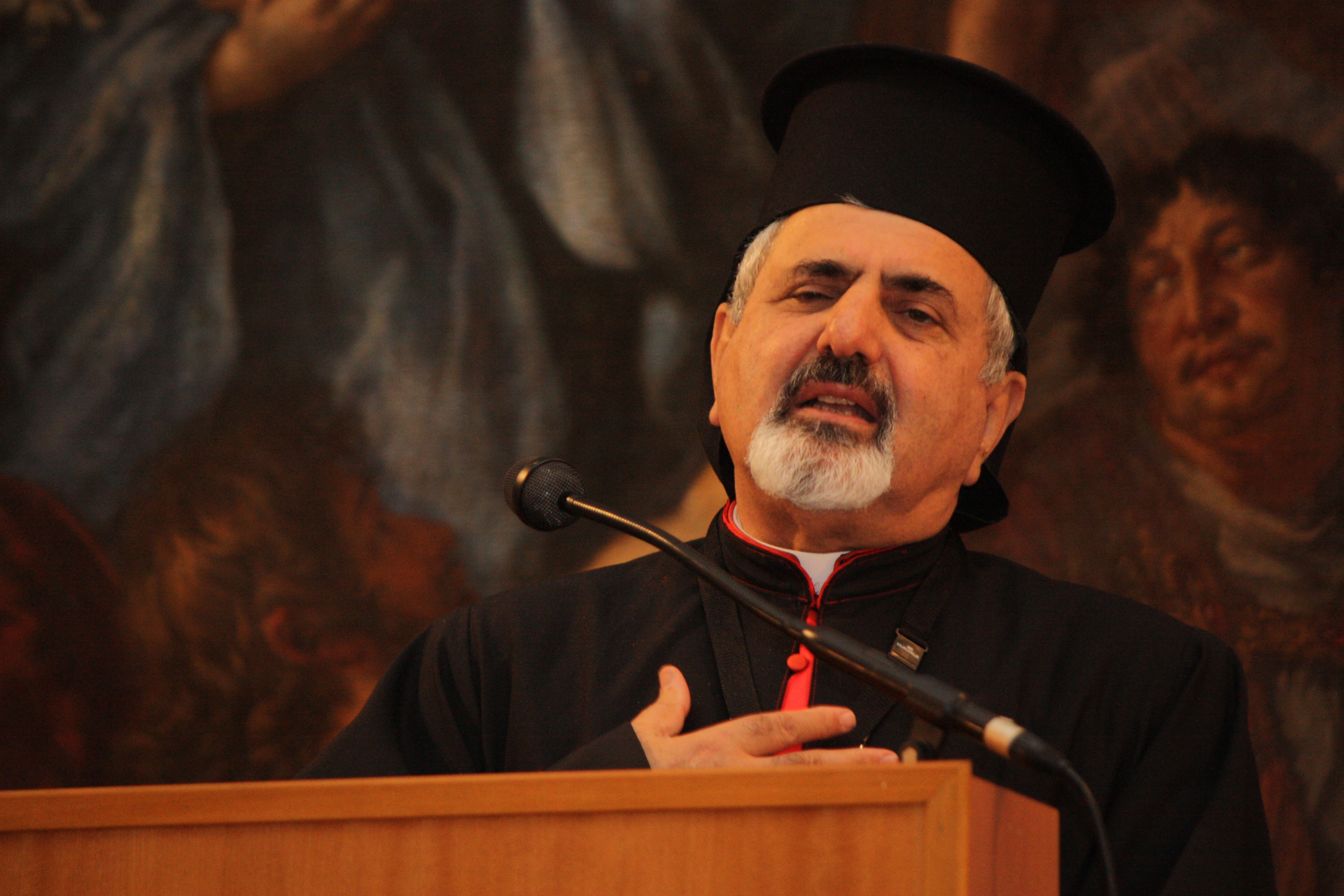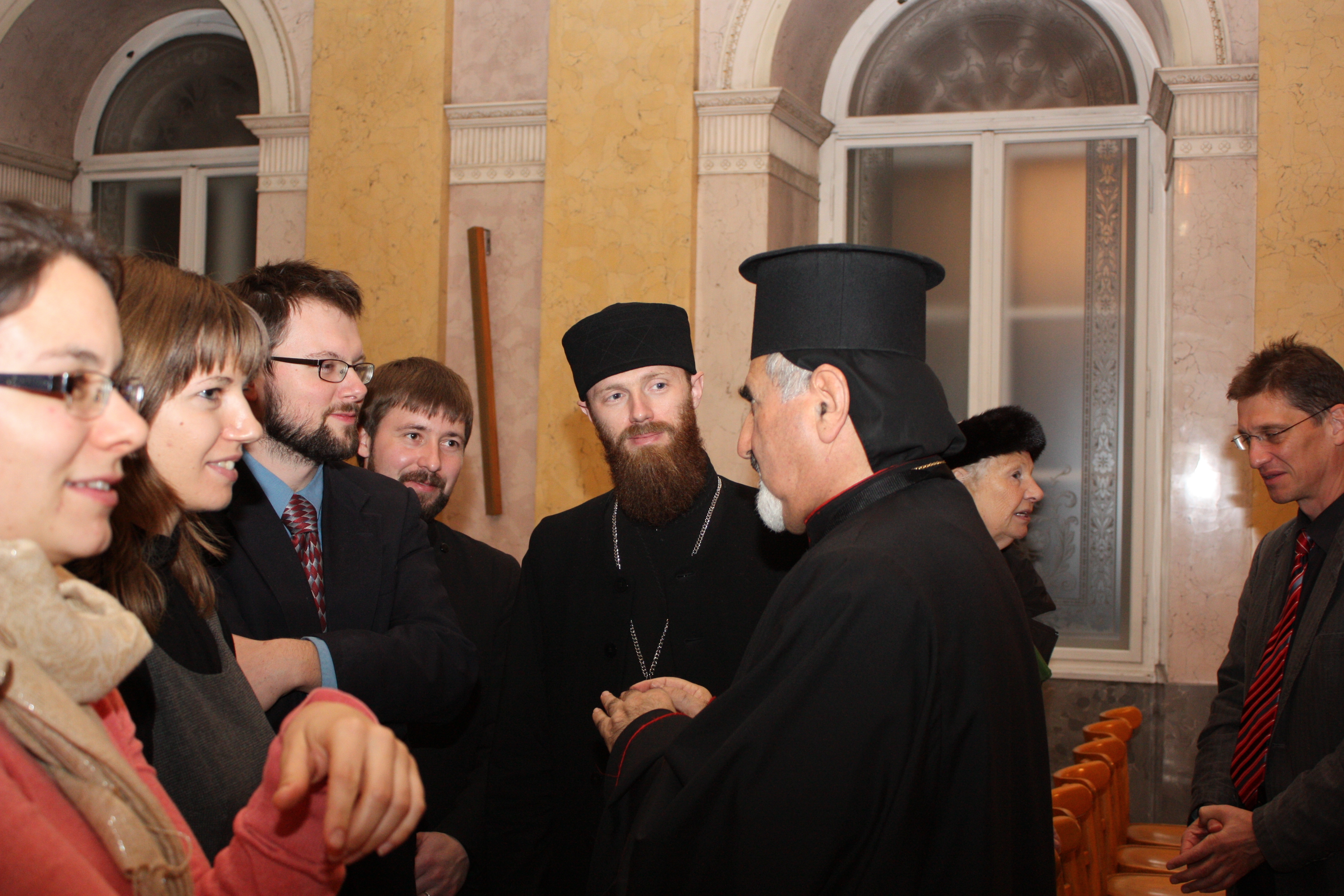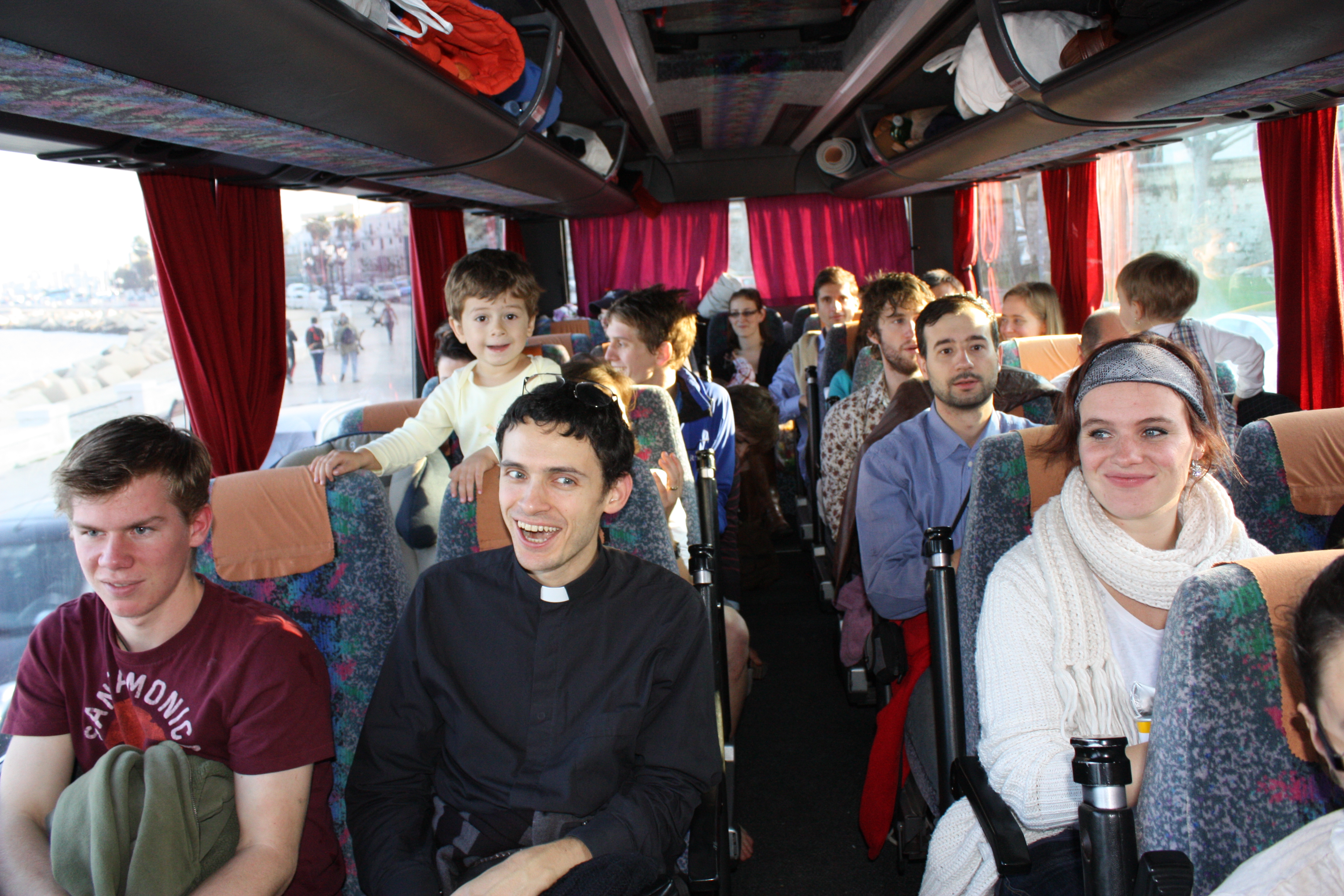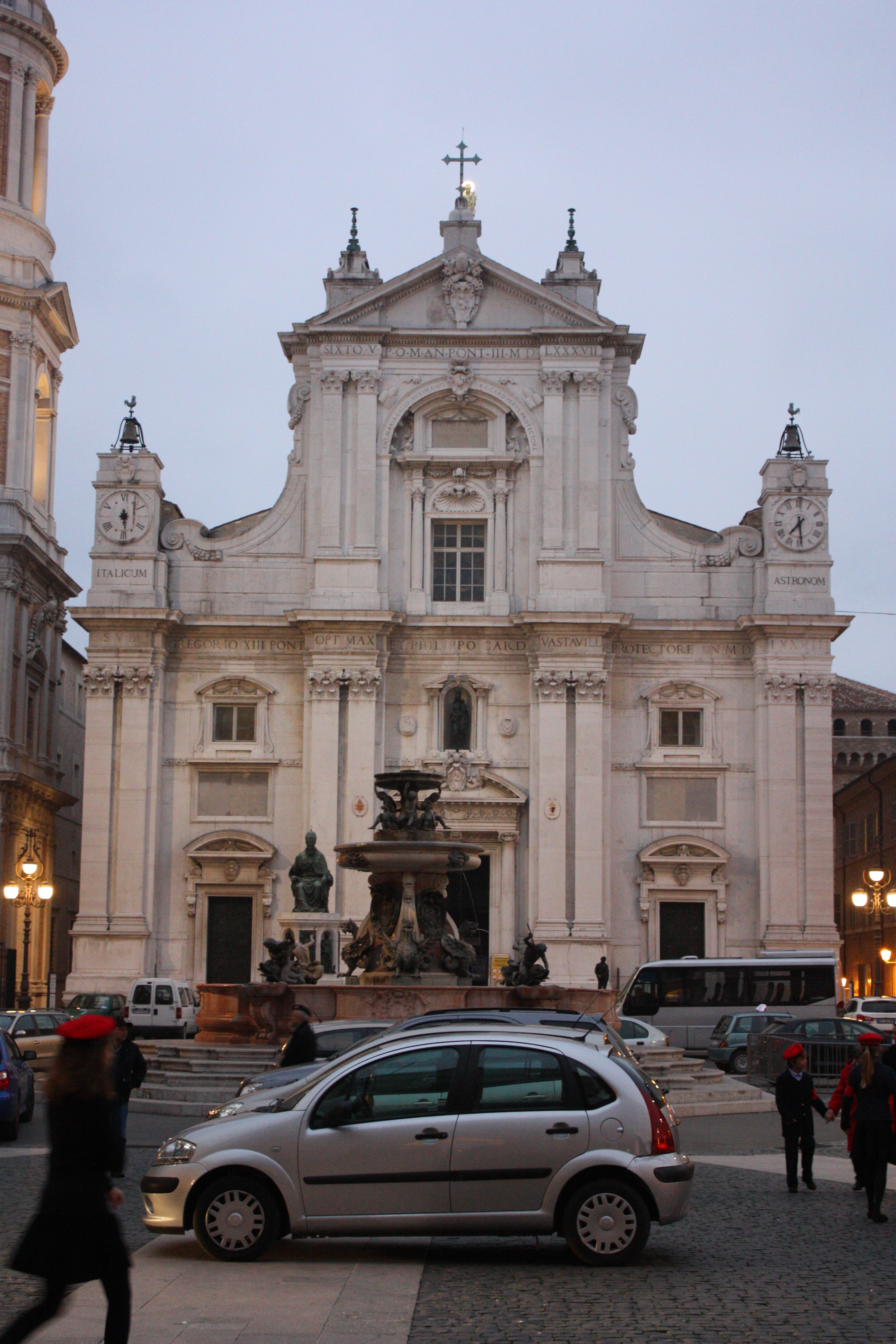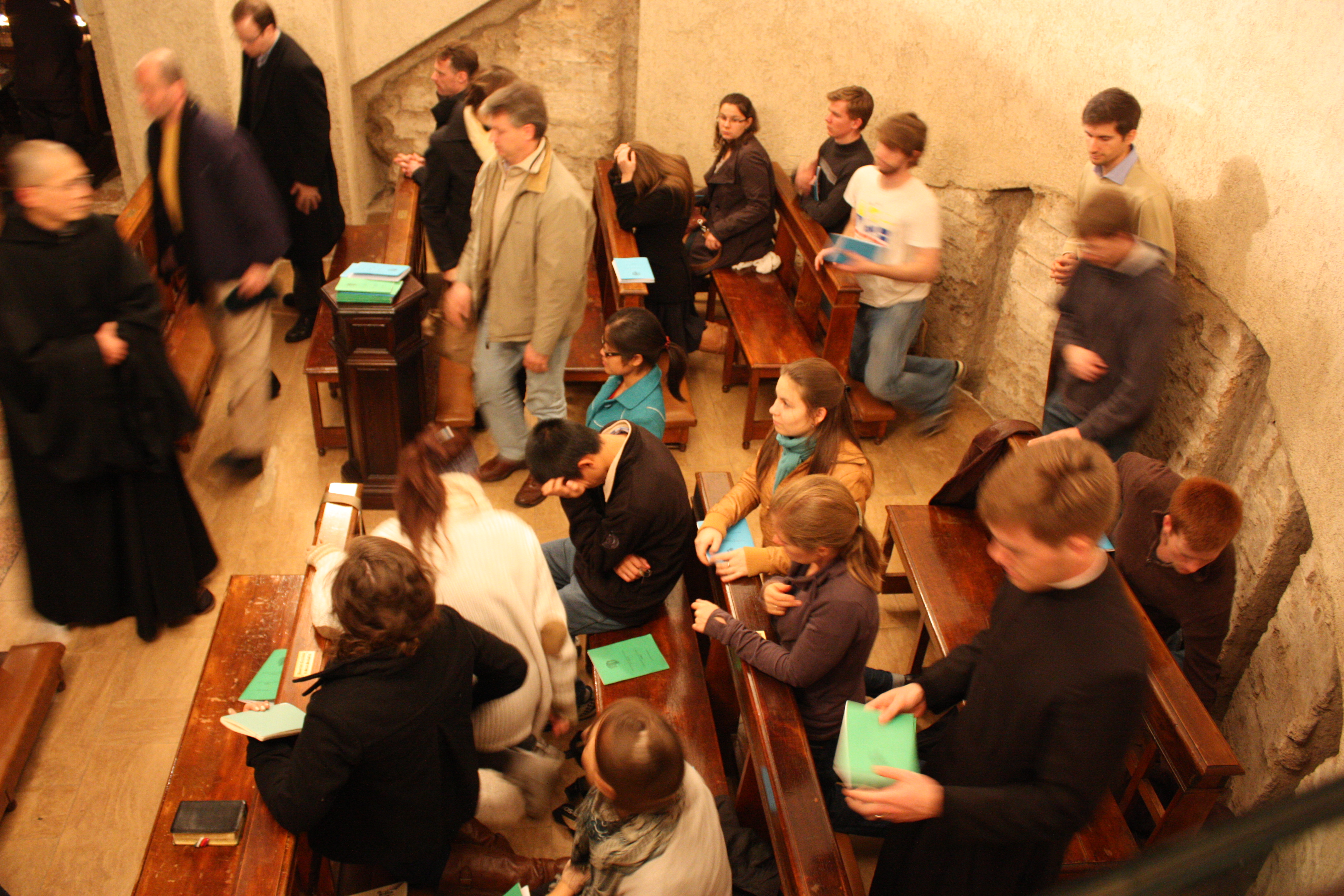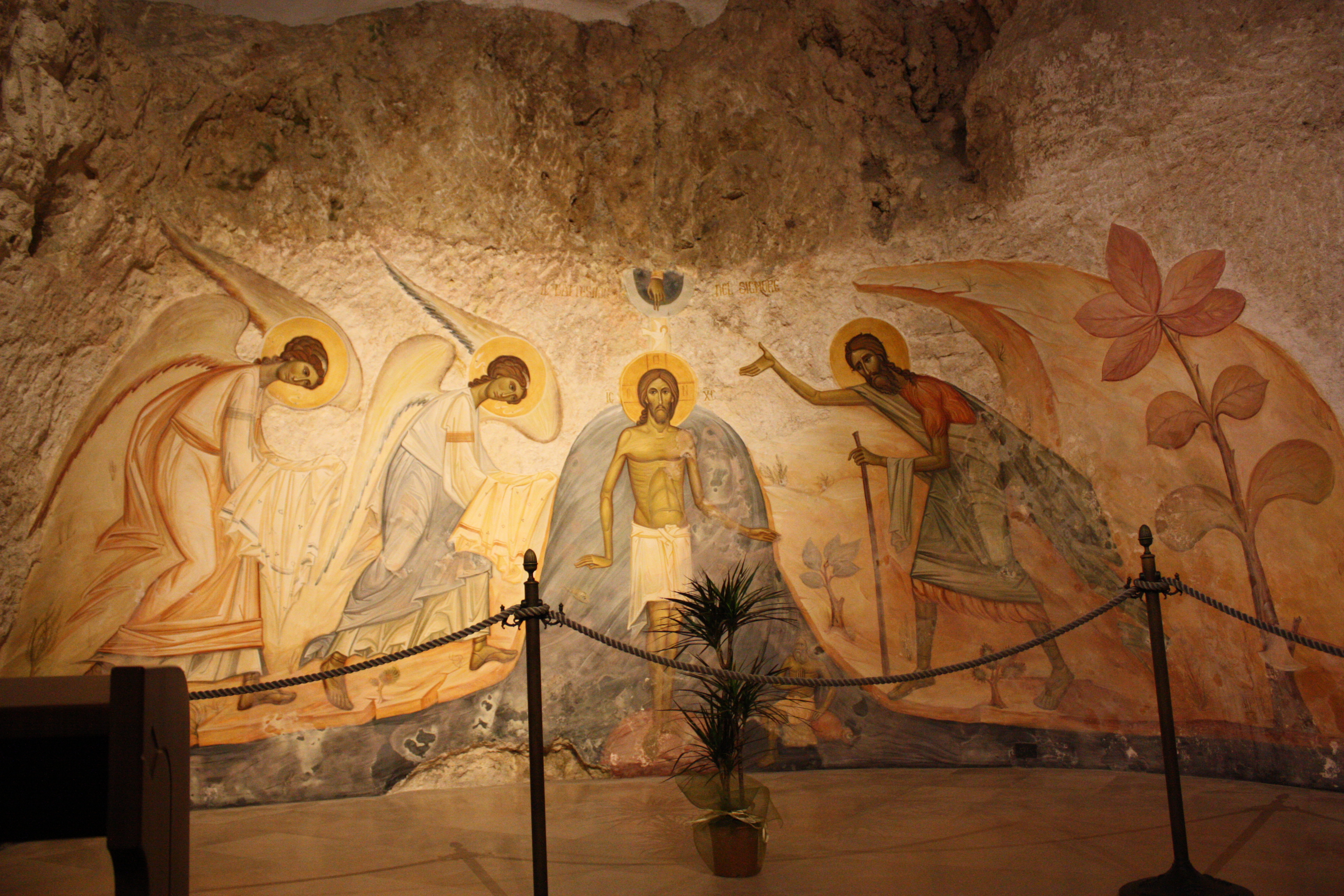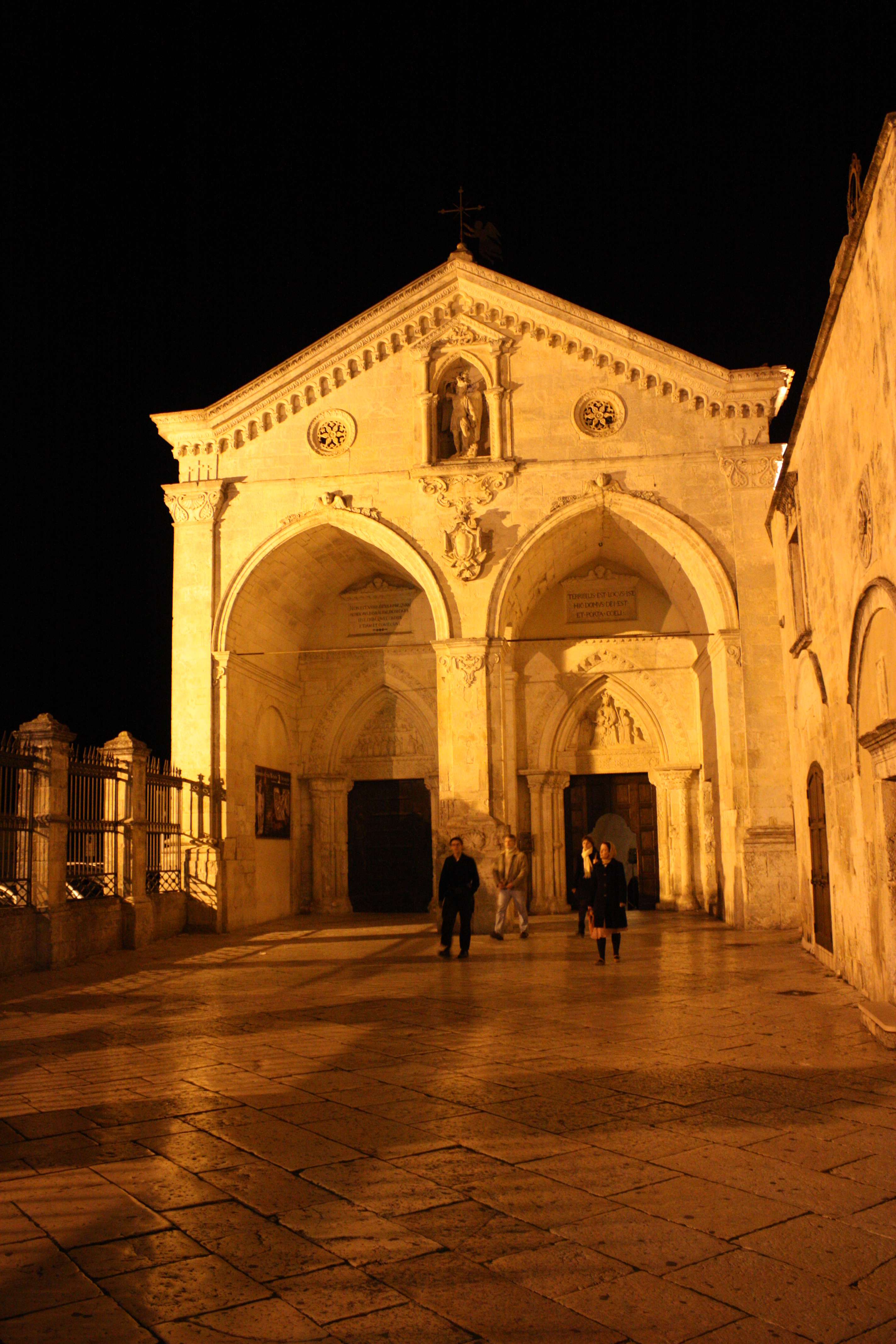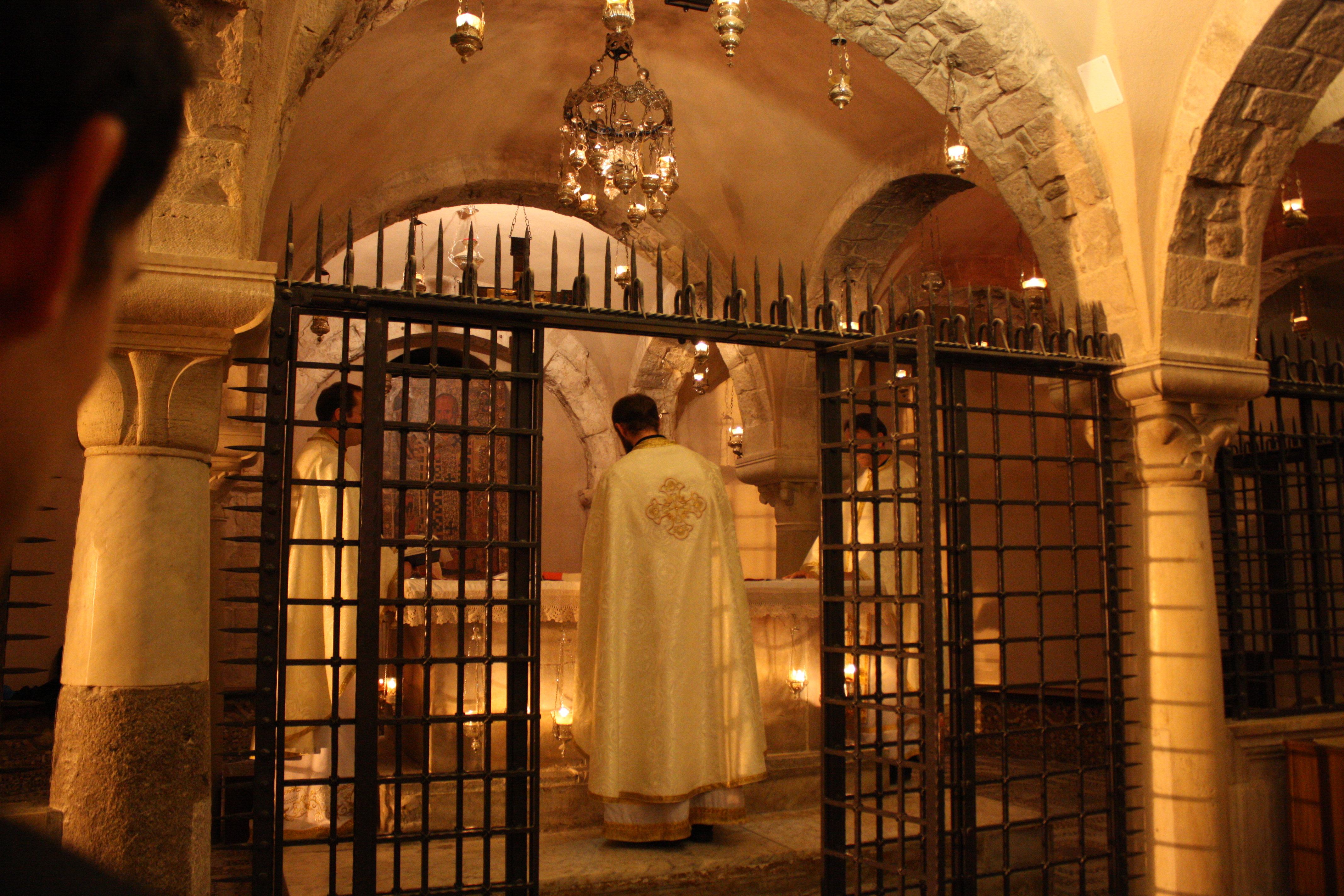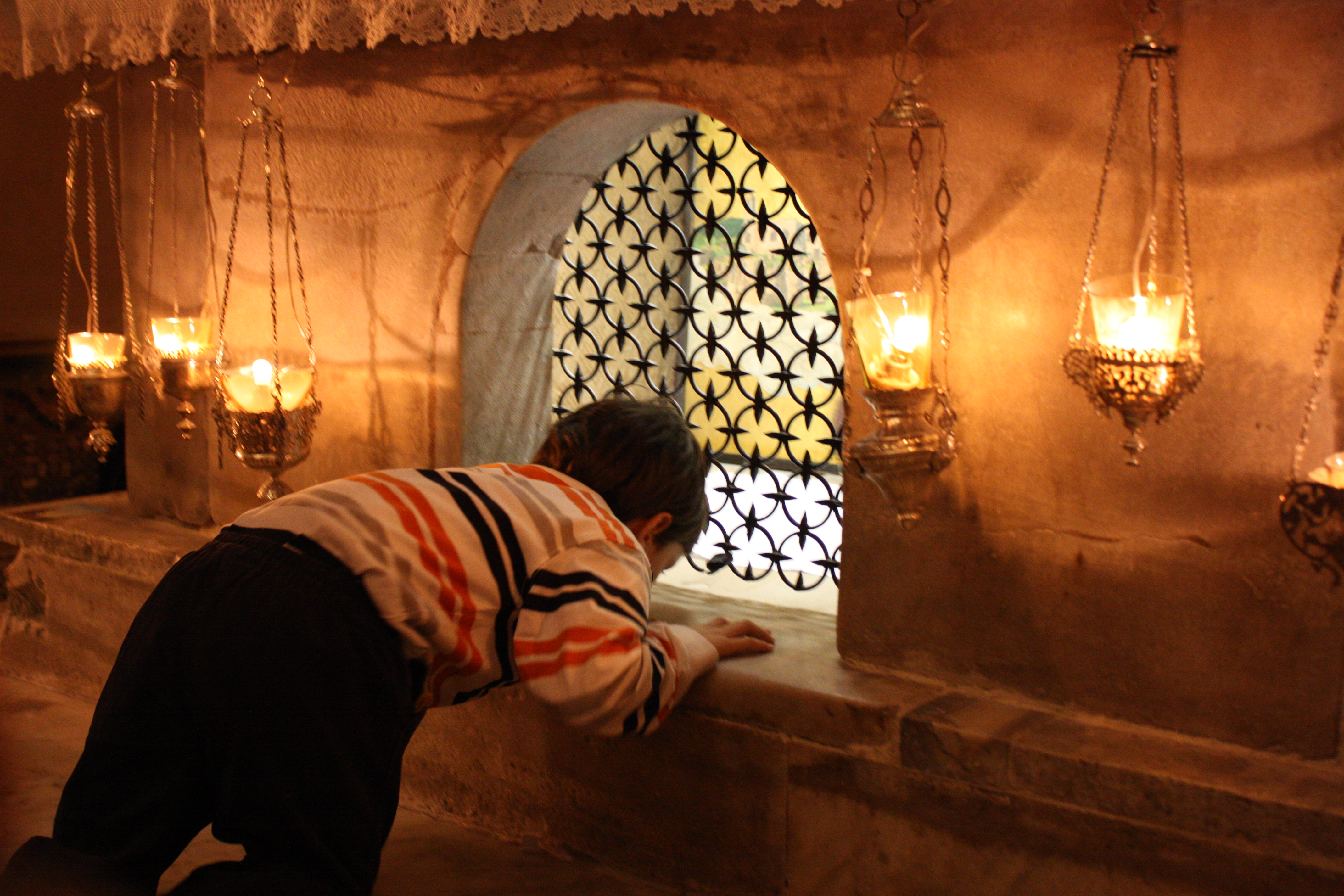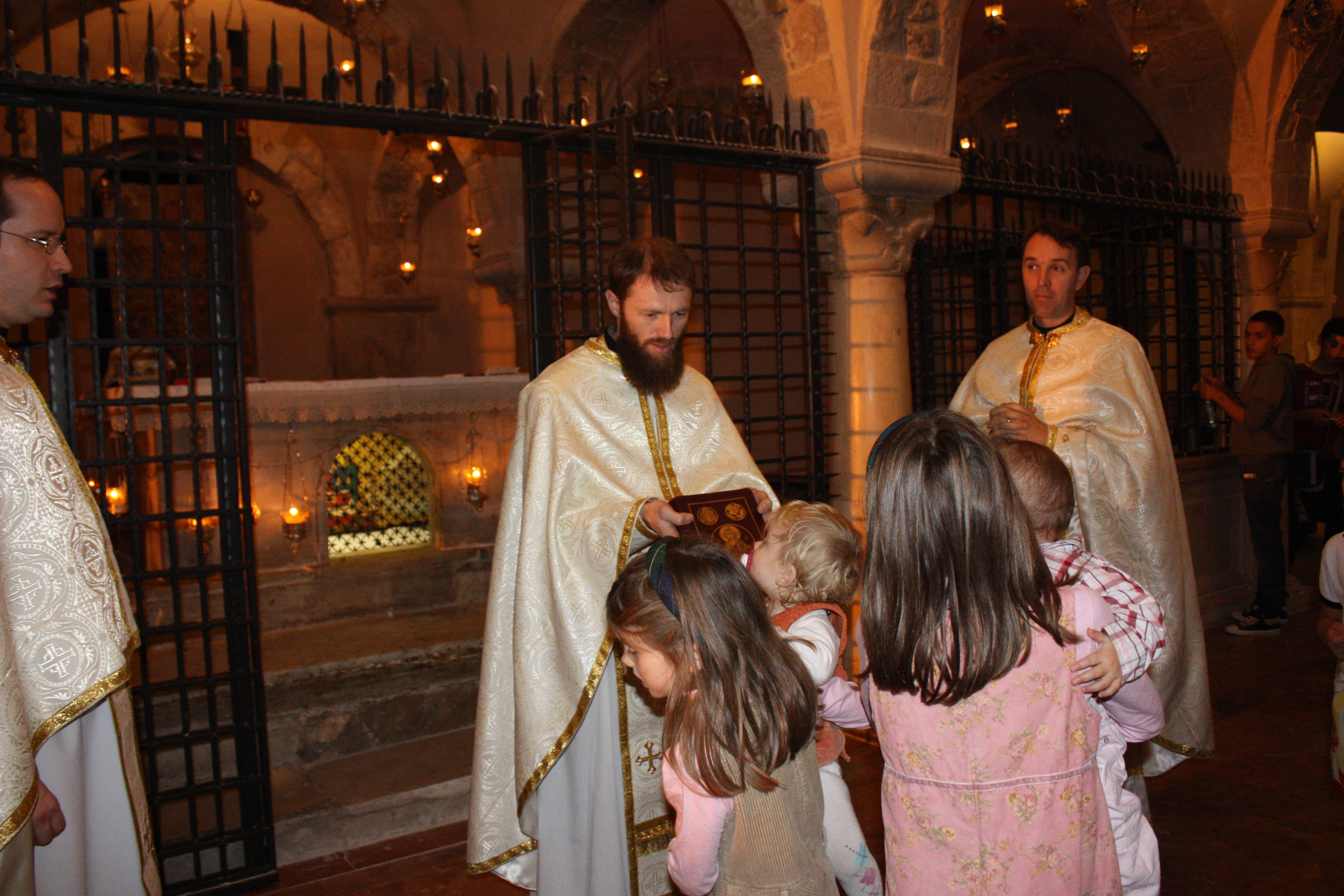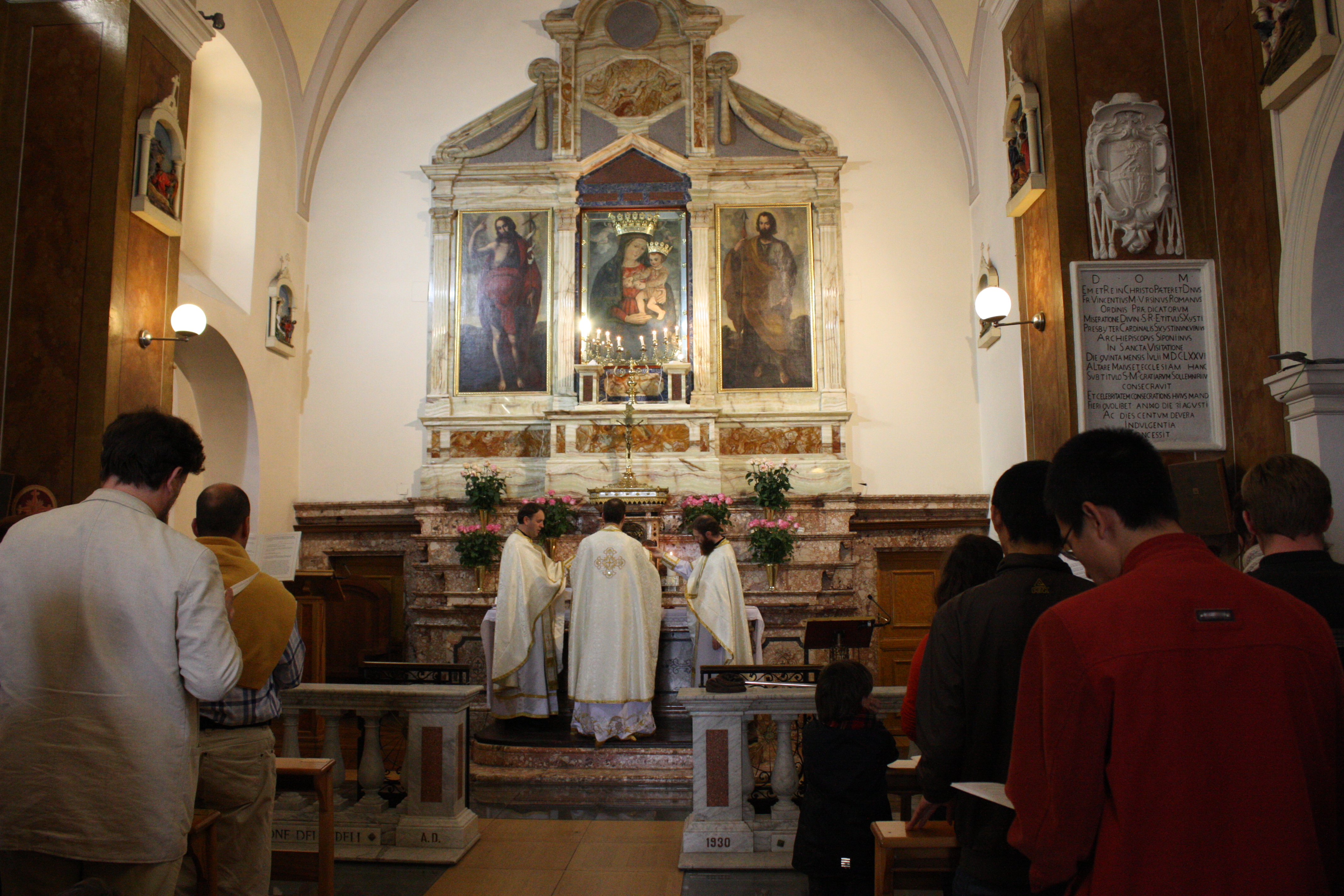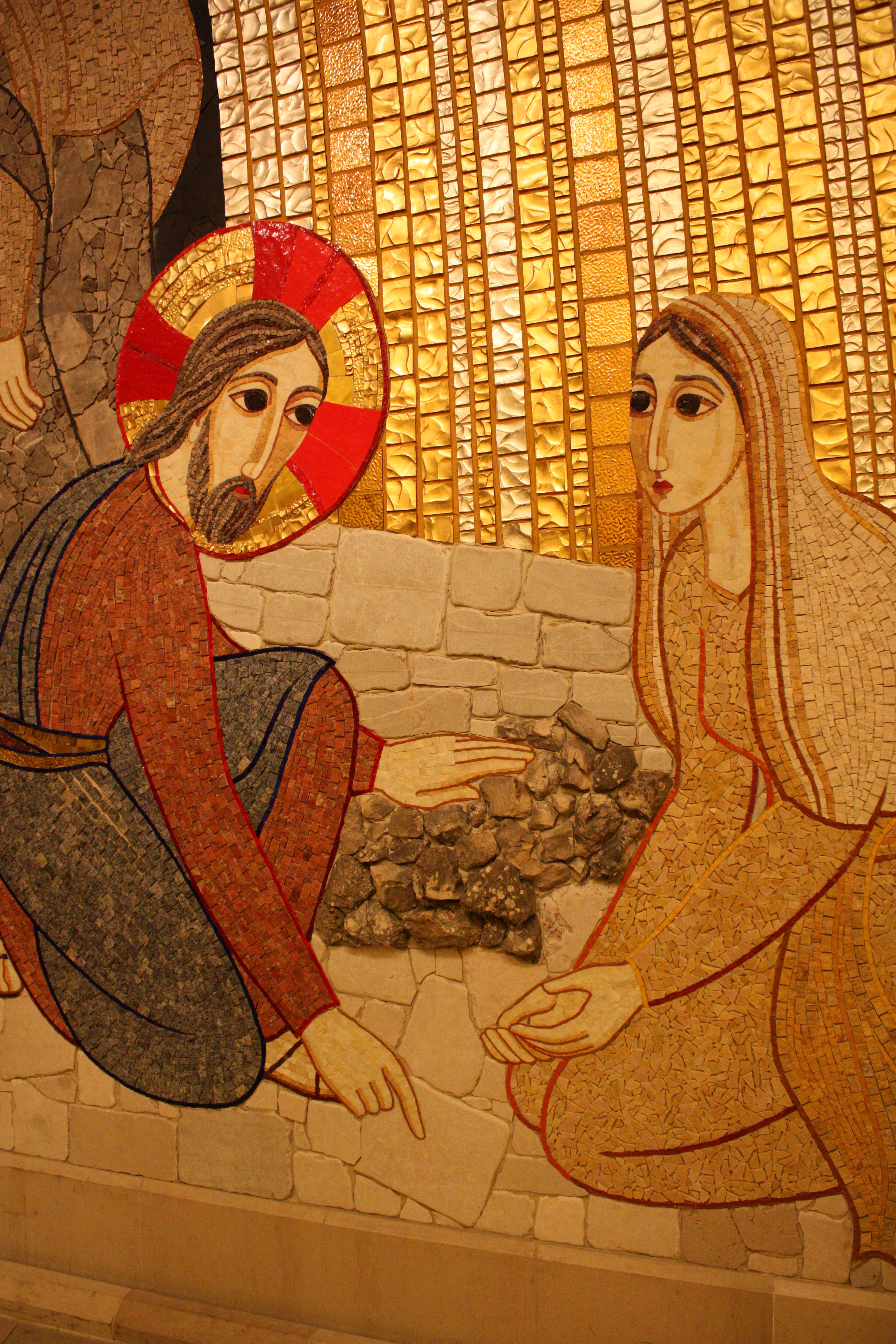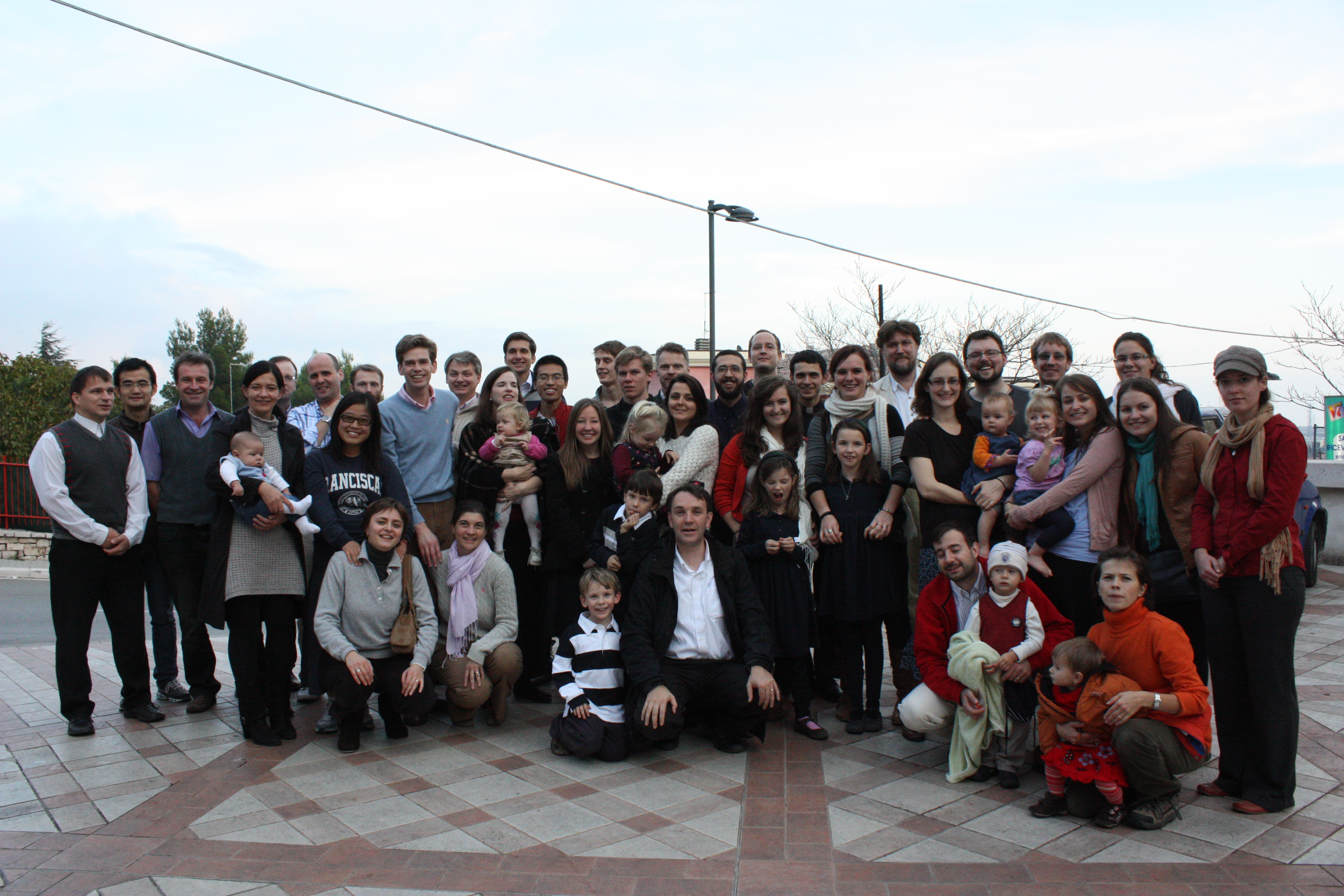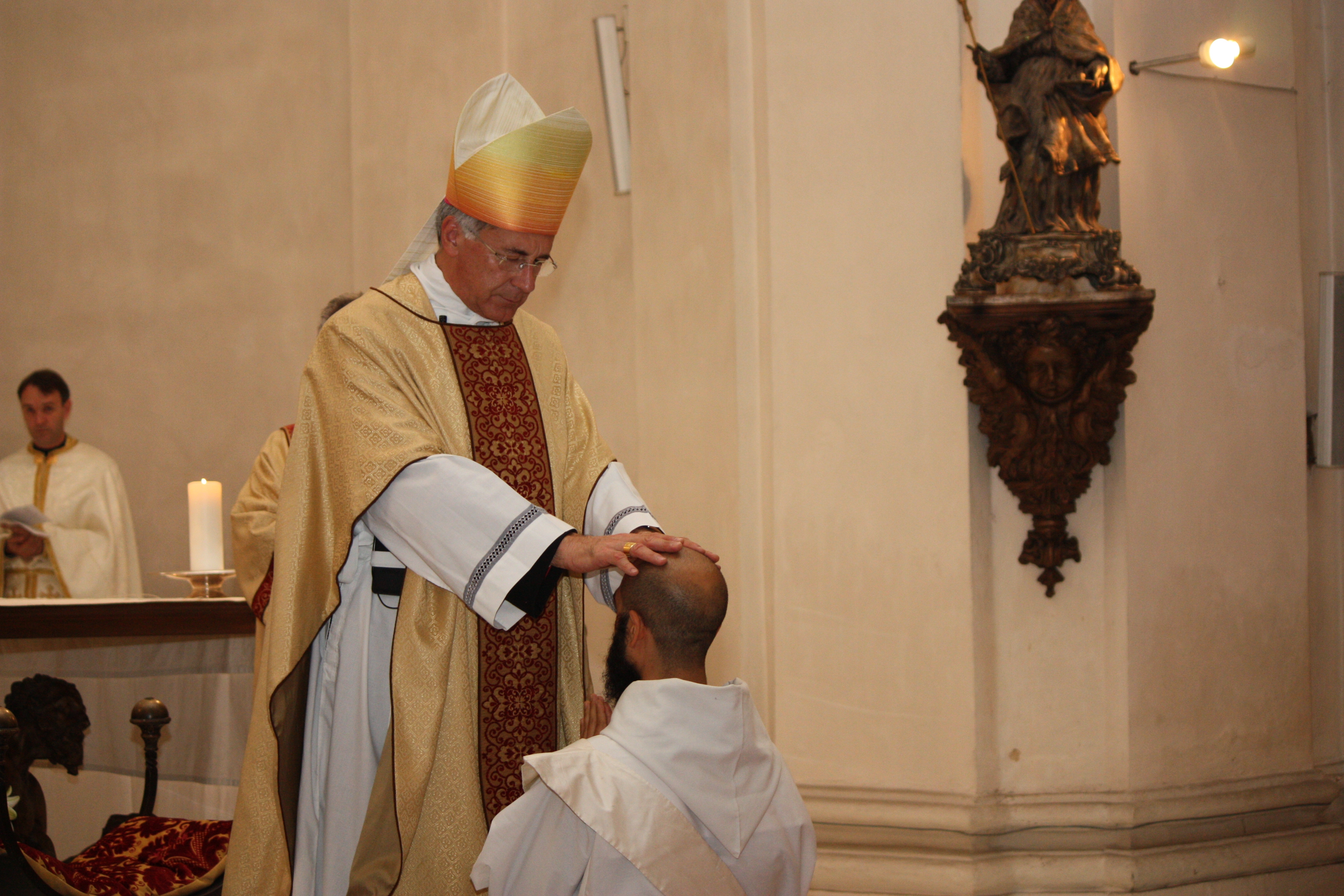It was a crisp Autumn morning in the fateful year of 1939. In shock, the world watched as the ravings of a mad man beguiled an entire nation, and plunged the world into the unthinkable: another World War. It was under the dark shadow of the Third Reich that the calm, intelligent face of an Oxford Don looked out over a gathering of young people –who could have no way of imagining the horrors that were about to be unleashed upon them and the rest of the world –and explained to them why what they were doing was still worthwhile.
Ever one to see past the first impressions one might have of an event, or writing, or anything really, C.S. Lewis had a keen insight into the fears and hopes that must have gripped the souls of the young people of that day. A wounded veteran of the First World War, he had some idea of what was at stake, and what could be expected. He assuredly asked the questions that were in the minds of all his hearers from the start:
“What is the use of beginning a task which we have so little chance of finishing? Or, even if we ourselves should happen not to be interrupted by death or military service, why should we — indeed how can we — continue to take an interest in these placid occupations when the lives of our friends and the liberties of Europe are in the balance? Is it not like fiddling while Rome burns?“
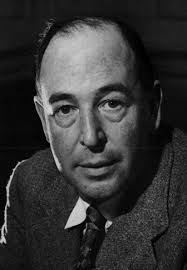
How piercing these questions must have been! How piercing they are now! We too are studying during dark times. We too are engaged in “placid” occupations while we see the lives of Christians and others throughout the Near East torn asunder, or ended utterly. Indeed, the dire situation of Christians of the Middle East in particular was brought to the forefront of the thoughts and minds of ITI students during the Dies Natalis Keynote address by ITI board member Graham Hutton. We sat riveted as we heard stories of the works of evil men, and glorious martyrs who opposed them. “Shouldn’t we do something?”
The simple answer to this question is this: We are doing something. In Lewis’ words, applicable now as they were then:
“A man’s upbringing, his talents, his circumstances, are usually a tolerable index of his vocation. If our parents have sent us to Oxford, if our country allows us to remain there, this is prima facie evidence that the life which we, at any rate, can best lead to the glory of God at present is the learned life.”
For the Christian, discernment is always urgent. We are always in the midst of a battle “against principalities and powers, against the rulers of the world of this darkness, against the spirits of wickedness in the high places.”(Eph. 6:12)
As Lewis points out:
“Thus the omnipresence of obedience to God in a Christian’s life is, in a way, analogous to the omnipresence of God in space. God does not fill space as a body fills it, in the sense that parts of Him are in different parts of space, excluding other object from them. Yet He is everywhere –totally present at every point of space – according to good theologians.”
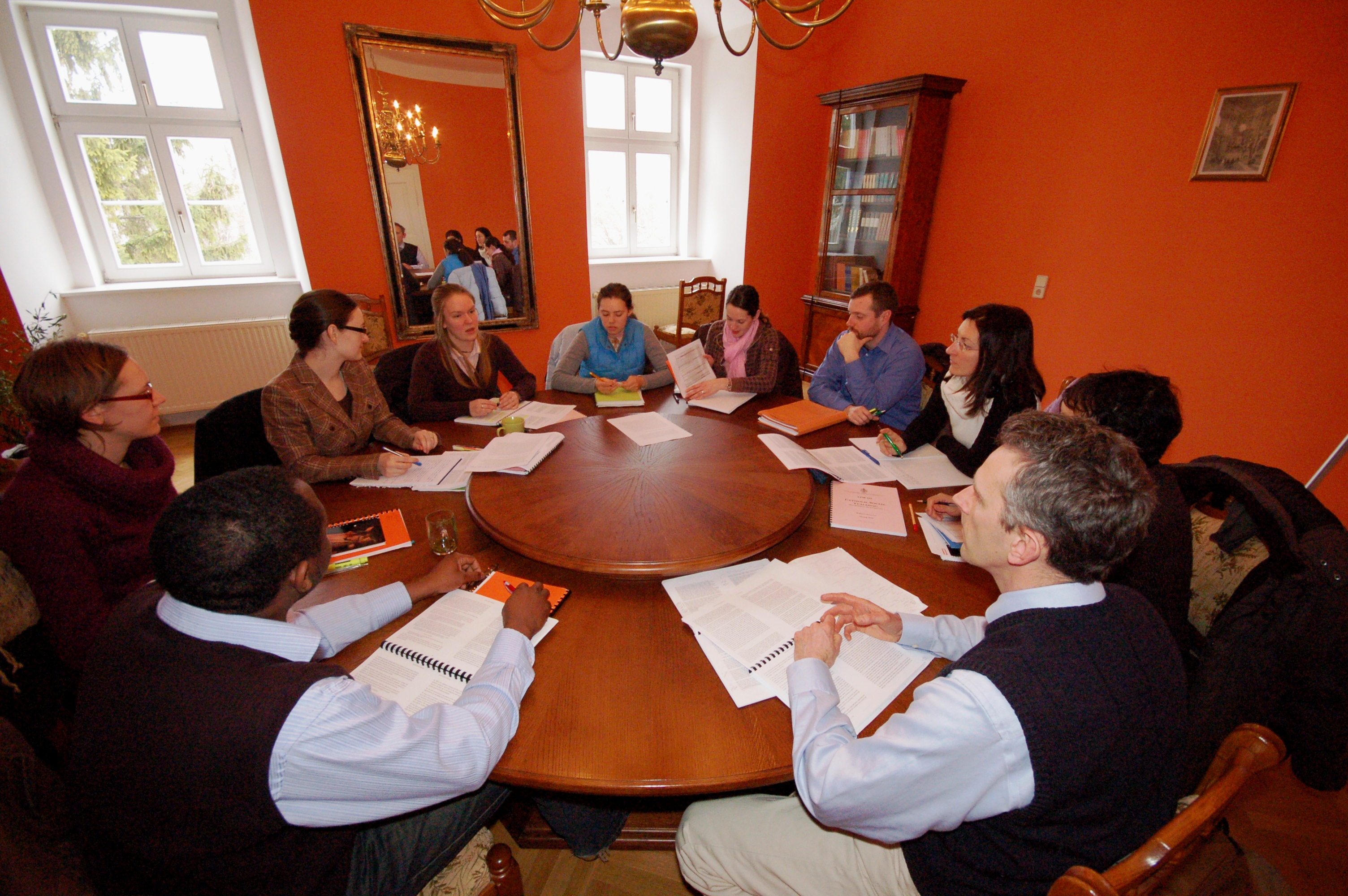
So, yes of course we should be aware of the circumstances of the day and attentive to the needs and concerns of the world around us. And thanks in part to Mr. Hutton, we are better aware. Our desire is not to dwell in the proverbial Ivory Tower. We have come to the ITI to serve God. It is not always in active participation in relief efforts for those suffering present ills that we serve him. The time may come when we should serve Him thus, and we must be always ready. But for now, we can give thanks to God that we are able to take this time to immerse ourselves in the Scriptures and Fathers under the guidance of St. Thomas Aquinas and our Patroness Thérèse of Liseux, and participate in our little way to the furtherance and preservation of the teachings of the Church.
And we can pray.
Podcast: Play in new window | Download
